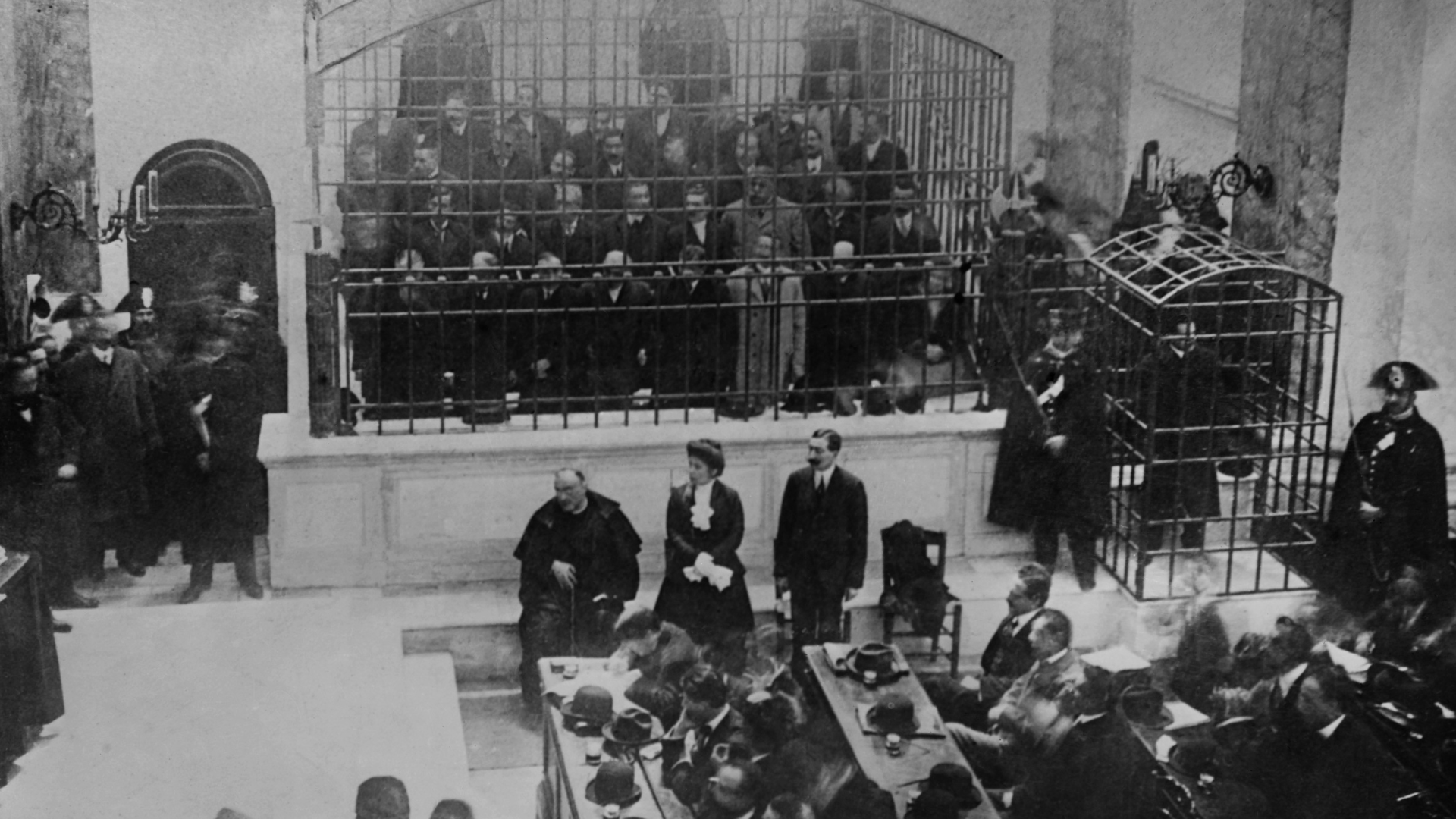What makes a man free if not the ability to make his own choices? From the State, the condition for the individual to exercise his freedom and protect his life and property is expected. However, it is not enough for the nation to ensure freedom on the political level; it must extend to the daily life of the citizen. A complex and centralized Public Administration, typically bureaucratic, distances the common man from the public sphere, in addition to increasing the risk of state oppression.
Tocqueville (1998) warns that when subjects give up directing their lives, choosing their representatives, and managing their problems, due to the need to transfer decisions to a bureaucrat, they lose the ability to select those who should lead them, making them a people of servants. For the author, political-administrative centralization is an obstacle to citizenship and the development of political freedom, in which the “sovereign extends his arms to encompass the whole of society, and covers it with a network of small, complicated, detailed and uniform rules, through which even the most original spirits and the strongest souls will not be able to break” (TOCQUEVILLE, 1998, p. 273).
The distance between rulers and ruled can be measured through the possibility of citizens practicing their actions freely and being able to get involved with the polis. In this sense, Tocqueville (1998, p.389) points out that: “When the public governs, there is no man who does not feel the price of public welfare and who does not seek to captivate it, attracting the esteem and affection of those who in whose midst they must live.”
The ability to think and make decisions limited to the central administration discourages the spirit of freedom and participation of citizens. It is evident that the ills of a nation are felt at the edge by those who experience the situation. Thus, the dexterity of local government or individuals would be much more effective, innovative, agile, and economical in resolving specific issues. Furthermore, the concentration of power at the federal level leads to sluggish solutions, swelling of the bureaucratic apparatus, and emptying of peripheral authority (BELTRÃO, 1984).
From the perspective of New Public Management, Osborne and Gaebler (1995) indicate that the decentralization of authority makes room for participatory management, enabling joint action between organized civil society, the public sector, and the private sector. From the New Public Service perspective, man is a political being willing to act in the community, whose moral judgment is constructed from public discussion (SALM E MENEGASSO, 2009). Furthermore, although there are epistemological divergences in Public Administration theories, decentralization is a common link.
Bureaucracy, therefore, does not make room for decentralization or individual choices. Thus, it is necessary to investigate the paths with more or less centralization, which will lead to such different places.
REFERENCES:
BELTRÃO, Hélio. Descentralização e Liberdade. Rio de Janeiro: Record, 1984.
OSBORNE, David; GAEBLER, Ted. Reinventando o governo: como o espírito empreendedor está transformando o setor público. Brasília: MH Comunicação, 1995.
SALM, J. F.; MENEGASSO, M. E. Os modelos de administração pública como estratégias complementares para a coprodução do bem público. Revista de Ciências da Administração, v.11, n. 25, p. 97-114, set/dez 2009.
TOCQUEVILLE, Alexis de. A Democracia na América. Tradução de Eduardo Brandão. São Paulo: Martins Fontes, 1998.




